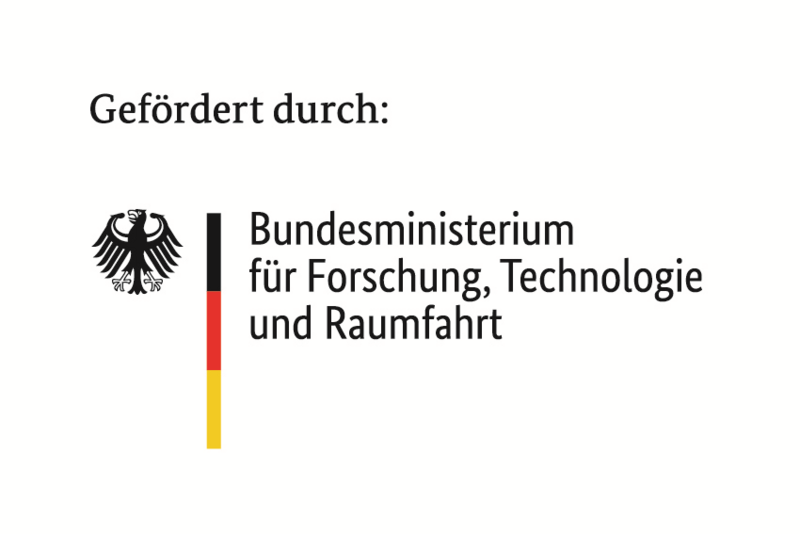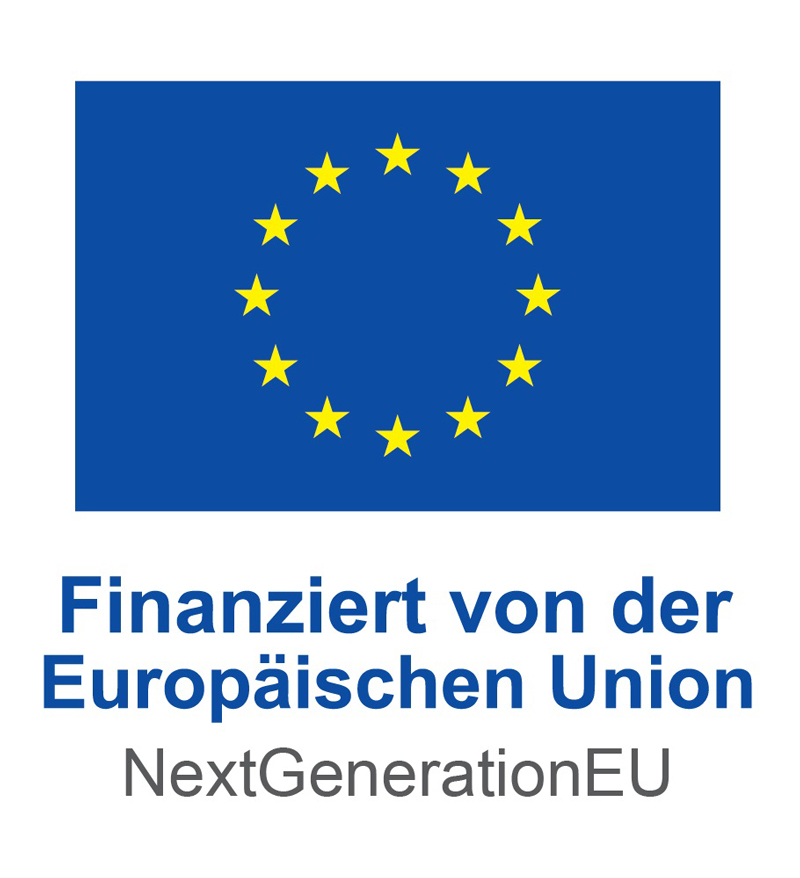DAKODA
Data competencies in DaF/DaZ: Exploring language technology approaches to the analysis of L2 acquisition levels in learner corpora
DAKODA is a CATALPA project.
How can the language of German learners be analyzed automatically? DAKODA is doing the groundwork here. Various learner corpora are merged into a large overall data set with search and filter functions. At the same time, young researchers in the field of German as a foreign language and German as a second language are trained in the handling of large data sets.
Project goals and research questions
The BMFTR project "Data Competencies in DaF/DaZ: Exploration of Language Technology Approaches for the Analysis of L2 Acquisition Levels in Learner Corpora" (DAKODA) has been running since 1.10.2022. It is a project in the funding line "Projects for Strengthening the Data Competencies of Young Scientists". Here, young scientists who want to acquire data skills are brought together with experts in data-intensive methods. The FUH takes on the role of data expert with the executive position at the research professorship "Computational Linguistics".
-
-
The project is supported by the German Federal Ministry of Research, Technology and Space (BMFTR) as part of the federal-state initiative "Promotion of Artificial Intelligence in Higher Education" and funded by the European Union (NextGenerationEU):


Funding announcement: https://www.bmbf.de/bmbf/shareddocs/bekanntmachungen/de/2021/09/2021-09-06-Bekanntmachung-Datenkompetenzen.html
Funding code: 16DKWN035B
-
Universität Leipzig
-
-
October 2022 - September 2025
-
2024
Journals
-
Boas, H. C., Ruppenhofer, J., & Baker, C. (2024). FrameNet at 25. International Journal of Lexicography, 37(3), 263–284. https://doi.org/10.1093/ijl/ecae009
Wiegand, M., Schulder, M., & Ruppenhofer, J. (2024). Determining sentiment views of verbal multiword expressions using linguistic features. Natural Language Engineering, 30(2), 256-293. https://doi.org/10.1017/S1351324923000153
Conferences
-
Rehbein, I., Ruppenhofer, J., Brunner, A., & Ponzetto, S. P. (2024). Out of the Mouths of MPs: Speaker Attribution in Parliamentary Debates. In N. Calzolari, M.-Y. Kan, V. Hoste, A. Lenci, S. Sakti, & N. Xue (Eds.), Proceedings of the 2024 Joint International Conference on Computational Linguistics, Language Resources and Evaluation (LREC-COLING 2024) (pp. 12553–12563). ELRA and ICCL. https://aclanthology.org/2024.lrec-main.1098
Ruppenhofer, J., Schwendemann, M., Portmann, A., Wisniewski, K., & Zesch, T. (2024). Every Verb in Its Right Place? A Roadmap for Operationalizing Developmental Stages in the Acquisition of L2 German. In N. Calzolari, M.-Y. Kan, V. Hoste, A. Lenci, S. Sakti, & N. Xue (Eds.), Proceedings of the 2024 Joint International Conference on Computational Linguistics, Language Resources and Evaluation (LREC-COLING 2024) (pp. 6655–6670). ELRA and ICCL. https://aclanthology.org/2024.lrec-main.589
2023
Journals
- Wisniewski, K., Zesch, T., Schwendemann, M., Ruppenhofer, J., & Portmann, A. (2023). Automatische Analysen von Erwerbsstufen in einer großen Lernerkorpus-Datenbank für DaF/DaZ. Das Forschungsprojekt DAKODA. Korpora Deutsch als Fremdsprache, 3(2, 2), 179–224. https://doi.org/10.48694/kordaf.3845
-
-

